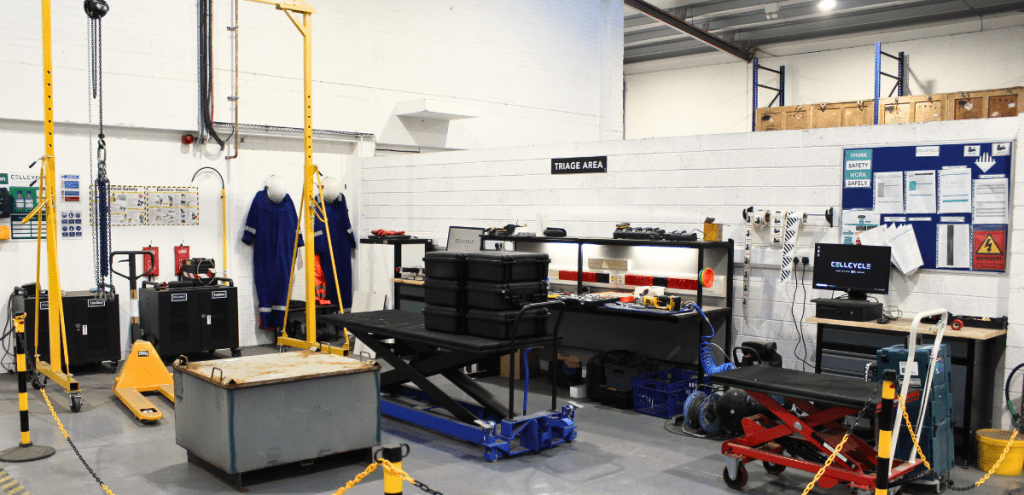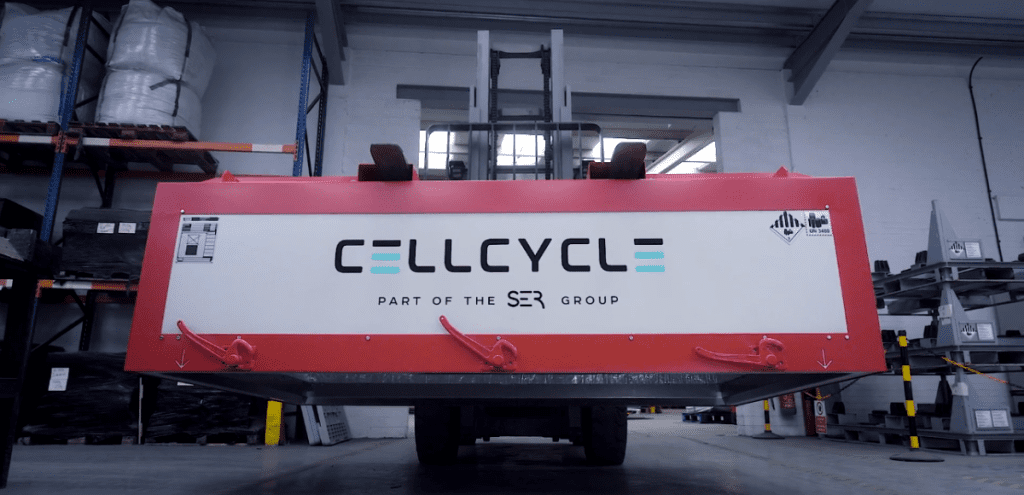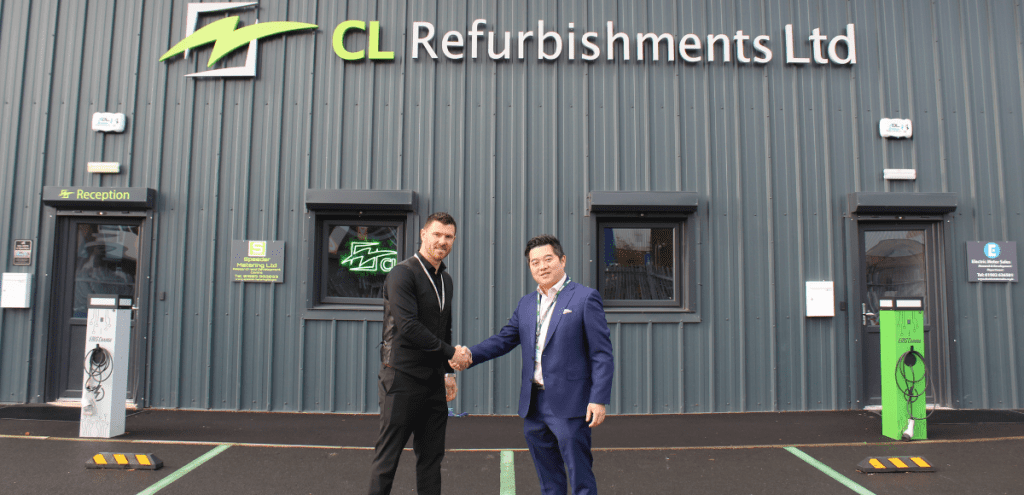The lithium-ion battery (LIB) market continues to surge, fuelled by advancements in electric vehicles (EVs), e-mobility, and renewable energy storage systems. However, as global adoption accelerates, so too does the challenge of responsibly recycling and disposing of these batteries. The year 2025 is set to witness unprecedented growth in the demand for sustainable lithium-ion battery disposal and recycling solutions.
The Growing Need for Lithium-ion Battery Recycling
Reliable data highlights the immense scale of the issue. According to a recent report by BloombergNEF, over 15 million tonnes of lithium-ion batteries are expected to reach their end-of-life by 2030. The automotive sector, in particular, is a significant contributor, with EV adoption growing by 55% year-over-year. Similarly, the e-mobility market—including e-scooters, bikes, and drones—is expanding rapidly, creating an urgent need for efficient recycling infrastructures. Energy storage systems, which underpin renewable energy initiatives, add to the growing stockpile of spent LIBs.
For these sectors, improper disposal poses serious environmental and safety risks. Toxic components like lithium, cobalt, and nickel can leach into the environment if not handled properly. At the same time, valuable materials can be recovered and reintroduced into the production chain, highlighting the economic and ecological importance of advanced recycling practices.
Cellcycle: Ready to Meet 2025’s Growing Demand
As the global call for sustainable recycling solutions grows louder, Cellcycle is at the forefront of innovation and scalability in the lithium-ion battery recycling industry. Across our two advanced facilities, we possess the capability to process and transport 1,200 metric tonnes (MT) of lithium-ion batteries per month. Additionally, our operations are designed for growth, with the infrastructure to scale up to 2,400MT per month if and when required.
By leveraging pioneering technologies, we not only recycle batteries but also minimise environmental impact, reinforcing our commitment to a circular economy. With a strong foundation and proven capabilities, we are fully equipped to address the increasing demands of lithium-ion battery disposal and recycling in 2025.
Cellcycle is proud to announce that our ground-breaking LithiumCycle™ process for lithium-ion battery recycling are set to revolutionise the industry as we move into 2025. With a clear focus on sustainability and innovation, we use cutting-edge methods that rely on harmless bacteria to break down critical metals from end-of-life lithium batteries. This process enables the efficient and eco-friendly recycling of discard lithium batteries. Our unique approach not only reduces environmental impact but also maximises material recovery, fostering a circular economy for lithium battery resources by keeping valuable materials in use for longer, reducing waste, and promoting sustainable resource management. As global demand for battery recycling continues to surge, Cellcycle’s state-of-the-art solutions are ready to meet the challenge, offering scalable, eco-friendly, and advanced recycling processes that cater to the growing needs of a greener future.
The Road Ahead
As industries worldwide strive to meet sustainability targets, the importance of lithium-ion battery recycling cannot be overstated. Cellcycle’s innovative processes and scalable infrastructure position us as a trusted partner in this essential transition. Whether you’re in the automotive, e-mobility, or energy storage sector, trust Cellcycle to manage your end-of-life lithium-ion batteries responsibly and sustainably.


